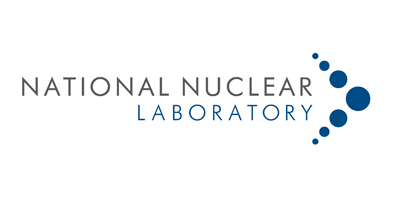Practical capability non-active trials from laboratory scale to full scale. Full Set of cement mixers at Workington which are the same as those installed at the ILW plants at SL (MEP, WEP, WPEP and WTC).
Ability to store large amounts of the cementitious powders (OPC),(PFA) , (BFS), in dedicated powder storage silos within Workington rig hall.
Practical capability:
- Analyse samples using a wide range of experimental techniques, interpret the resulting, provide conclusions and recommendations to customers.
- To perform long term corrosion trials on wastes in cement to determine gas evolution rates and the effect on the long-term stability of wasteforms.
Production of full-scale waste forms (typically 500 litre or 3m3) to enable assessment of effectiveness of the treatment process and stability of the wasteform.
Capability to carry out other specialist practical work, such as production of prototype concrete bunds for customers.
A key knowledge understanding waste behaviour/evolution and wasteform evolution, reactions that will occur during retrieval, processing and subsequent impact on wasteform stability as well as downstream operations. This includes both cement encapsulated waste and “safe to store” raw wastes from retrieval operations from High Hazard Risk Reduction (HHRR) at Sellafield. Detailed knowledge of backfill grouts for the proposed UK Geological Disposal Facility (GDF).
Customers: Sellafield (main customer), NDA, Radioactive Waste Management Ltd, Magnox sites (historical).
Skills: 5 specialist consultants, with a detailed knowledge of cementitious materials and wastes (particularly operational and legacy wastes) and plant operations.
Direct hands on knowledge of all of the cement-based waste encapsulation plants at Sellafield and the development of the legacy waste treatment plants.
Facilities: Data logging software for corrosion trials, Specialist software for instruments collecting data, Some use of MathCad for calculations.
Collaborations: CINDe – a PhD student centre permanently based at Workington, a sub team within IS&T. jointly funded by NNL and Sellafield Ltd with the Universities of Manchester, Liverpool, Lancaster and Cumbria as the academic partners.
Currently 10 students within CINDe, carrying out a range of industrially focused, decommissioning related projects, with a further cohort of 5 students scheduled to start in October 2018.
We also strategic relationships with the Universities of Sheffield and Bristol in particular in relation to cements and uranium in particular
